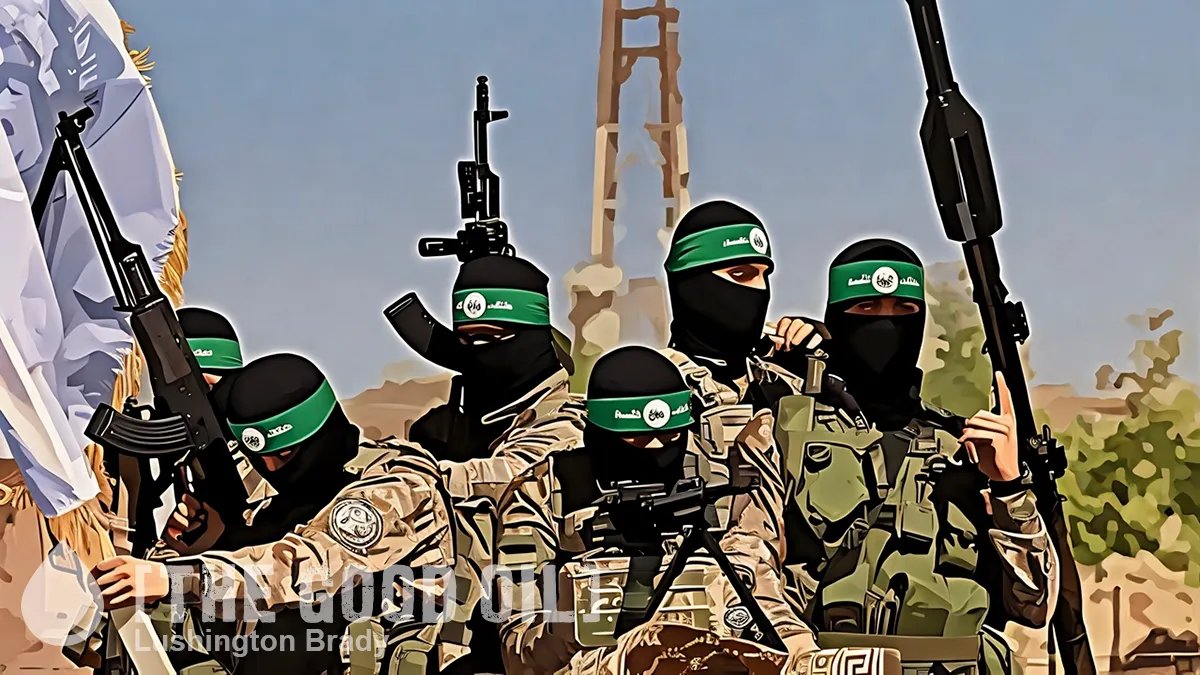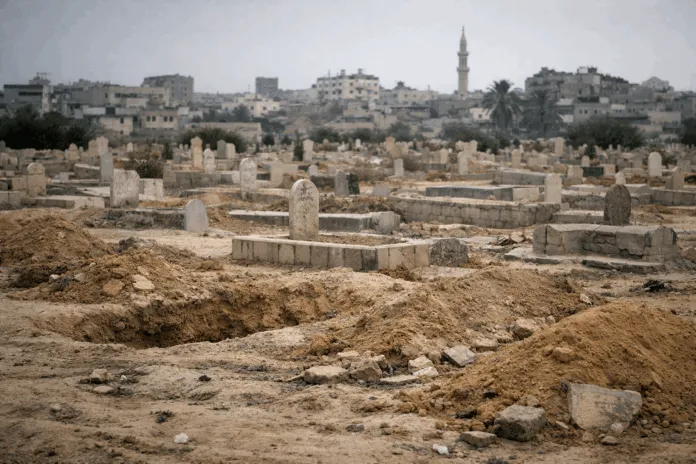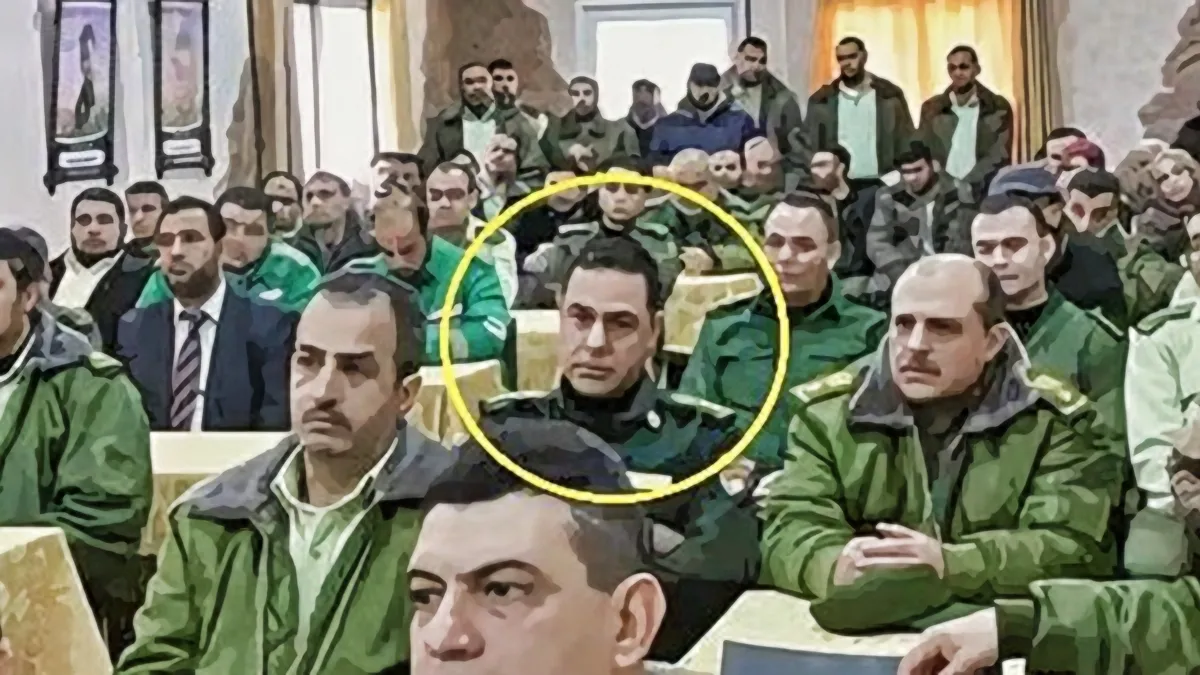Table of Contents
BICOM
BICOM provides accurate, timely and balanced information that is read by officials, experts, journalists and many others.
What’s happened: Israel’s Defence Minister said yesterday evening that the IDF would soon begin a ground operation in the southern Gaza city of Rafah.
- “The ground manoeuvre is the way to defeat Hamas,” he said. “We are continuing with that operation and we will also reach the places in which we haven’t fought yet, and especially the last centre of gravity that remains in Hamas’s hands, Rafah. Every terrorist who is hiding in Rafah needs to know that his end will be either surrender or death. There isn’t a third option.”
- Gallant also claimed that Hamas was close to full defeat in Khan Yunis, the southern city which has seen intense fighting for several weeks.
- “Hamas’s leadership, and Yahya Sinwar at its head, is in flight,” he said. “Sinwar has been moving from one hideout to another hideout. He has been unable to communicate with his surroundings and in the past number of days IDF troops have found significant material in places in which he had recently been and, thanks to which, we are improving our operation, [and] are deepening our hold on Hamas’s plans.”
- Prime Minister Netanyahu also told a Likud faction meeting yesterday that “our objective is total victory over Hamas. We will kill Hamas’s leadership. Therefore, we need to continue to act in all parts of the Gaza Strip. The war must not be ended before that. This will take time—months, and not years.”
- In pointed comments, Gallant also pressed for clarity on the ‘day after’ in Gaza. “The military act is bound up with the political act,” he said. “Only advancing a political alternative will guarantee the end of Hamas’s rule. No Israeli civilian control in the Gaza Strip will exist. Now is the time to make the correct decisions so that we might achieve the political objectives that we set and to allow [us] to emerge into a new space, in the course of which the circle of peace can be expanded at the expense of the circle of terrorism.”
- An airstrike on central Gaza’s Deir al-Balah overnight killed a Palestinian Islamic Jihad terrorist who participated in the attack on Nir Oz on October 7. The IDF said that during its operations in Khan Yunis over the last few days, 80 terrorists were captured, including several who had also participated on October 7.
- Four terrorists were also killed in Beit Hanoun, in the northern Gaza Strip, while trying to rebuild Hamas’s observation and intelligence-collecting capabilities in the area.
- Israeli officials have continued talks with Qatari and Egyptian counterparts in an effort to reach a hostage deal with Hamas. Hamas have still not formally responded to the proposals forged during the recent Paris negotiations but is thought unlikely to reject the terms outright, but to demand significant amendments.
- Israeli media reports this morning suggest that ministers Gantz and Eisenkot have proposed that Israel temporarily suspend allowing humanitarian aid into the Gaza Strip until a new mechanism is set up to distribute aid to the population. The proposal came after the two were presented with information claiming that 60 per cent of the aid currently entering the Strip – and all of the aid in Rafah – ends up Hamas’s hands.
- “Ten per cent of the humanitarian aid making its way into the hands of Hamas is bad enough, so 60 per cent truly is very bad,” said a senior Israeli official. “It means that over half of Gaza’s population is receiving its food from Hamas. This threatens all our military achievements and the objective of topping Hamas.”
- The IDF, however, distanced itself from the 60 per cent statistic, a spokesperson saying that it “was not provided by IDF officers, and it is one [that is] unfamiliar [to the IDF] since it isn’t borne out by either intelligence or operational information.”
Context: Egypt has previously urged Israel not to conduct operations in Rafah, where four Hamas battalions are tasked with maintaining Hamas’s control over an area in which there are also significant smuggling routes.
- Egypt is fearful that fighting there could cause many of the 1.4 million Gazans sheltering in the city to flee over the border to the Egyptian Sinai.
- Cairo recently relayed very stern messages to Israel warning that any movement of Palestinian refugees into the Peninsula would jeopardise the peace treaty between the two countries.
- Israel is said to have informed Cairo that before commencing operations in Rafah, civilians will be evacuated to other parts of the Strip. According to the UN, Israeli evacuation orders in Gaza now extend to two thirds of the Strip, previously home to some 77 per cent of its residents.
- Both countries have also reportedly considered the option of relocating the border crossing in Rafah to the Kerem Shalom area, placing it near the three-way Israel-Gaza-Egypt border.
- In another aspect of Israeli-Egyptian relations, Israeli media reports today that Egypt recently told Israel that it would be prepared to send police troops into Gaza after the war. According to that report, the Egyptians said they would only be willing to do so if asked by a Palestinian Authority (PA) it expects to control the Strip, and not by Israel.
- The US has long urged the Israeli political echelon to be clearer about its ‘day after’ plans, and has been explicit in favouring a “reformed” and technocratic PA assuming control.
- Israel, however, has not publicly supported such a role for Mahmoud Abbas’s government, and is wary of enabling an organisation which has not formally condemned the Hamas massacres and which continues to incite terror against Israelis through its ‘pay for slay’ policies.
- Hamas’s delayed response to the latest hostage proposal is thought to be caused partly by differences of opinion between its overseas political bureau and the Gazan leadership, with the latter thought to be more ready to accept a deal.
- It is anticipated that Hamas’s demanded amendments will include both a permanent ceasefire and Israeli withdrawal from Gaza and a much more imbalanced ratio of hostages freed to Palestinian security prisoners in Israeli jails released.
- Relating to this, Netanyahu said that “Hamas has demands that we won’t agree to” and that the ratio needed “to be similar to the previous agreement,” which saw three prisoners released for each hostage freed.
- With Netanyahu under pressure from far-right elements in his government not to conclude a hostage deal under such imbalanced terms, Opposition Chairman Yair Lapid once more reiterated his offer to temporarily support a Netanyahu government if Finance Minister Smotrich’s Religious Zionism party and National Security Minister Ben Gvir’s Jewish Power were to be removed.
- After a two-hour meeting with Netanyahu yesterday, Lapid said “I told the prime minister… if he needs a safety net of any kind from me—for us to join the government, from outside, in any way—he just needs to say so. Because the most important thing is to get the hostages back.”
Looking ahead: While Israel and the Paris negotiators await a formal Hamas response to the latest hostage proposal, US Secretary of State Blinken has begun his fifth regional visit since October 7.
- Yesterday, he visited Riyadh for talks with Saudi Crown Prince Mohammed bin Salman. He will arrive in Cairo today seeking “an enduring end” to the war, and will conclude the trip with visits to both Qatar, Israel, and the West Bank.
PODCAST
Episode 226 | Gaza’s water and energy
In this episode, Richard Pater speaks to Dr Elai Rettig about the Gaza Strip’s water and energy supply. Rettig explains how much of Strip’s energy supply Israel was responsible for providing prior to October 7th, the importance of fuel to the water supply, and Hamas’s neglect of the Strip’s infrastructure and its own people’s welfare. Rettig is Assistant Professor at Bar Ilan University and the head of the energy division at the Begin Sadat Centre for Strategic Studies. Listen on Apple Podcasts, Spotify and Google Podcasts
Fathom Articles
“We didn’t understand Hamas at all” | Fathom Interview: Michael Milshtein – Watch here
“Even Jews themselves often hear about Zionism through its detractors” | Fathom Interview: Einat Wilf – Watch here
The West Bank in the Shadow of October 7
This BICOM research paper identifies dangerous trends in the West Bank, and maps Israel’s challenges in this arena in the post-October 7 context.
Download BICOM’s briefing here.









